February is Black History Month, and as various industries around the United States celebrate the African American men and women who helped to share this nation, it’s important to remember to remember the roles that those in agriculture played.
This is a particularly poignant topic because our agricultural landscape has been shaped by a history of slavery and structural racism, and recent years (notably 2020) have helped make a great portion of our nation aware of just how much the deck was stacked any Black agriculturalists — from land ownership to education to access to funding and other resources.
A 2018 study shows that:
“Farmers of color (Black, Asian, Native American, Pacific Islander, and those reporting more than one race) comprised less than 3 percent of non-farming landowners and less than 4 percent of owner-operators. They were more likely to be tenants than owners; they also owned less land and smaller farms, and generated less wealth from farming than their white counterparts.”
To help celebrate Black History Month in the farming community, here are some of the leaders who have worked to advance Black issues over the generations.
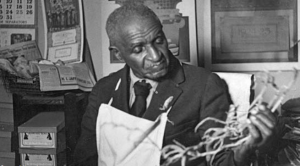
1. George Washington Carver
While George Washington Carver’s reputation is largely based on his promotion of alternative crops to cotton — specifically peanuts — he was also a leader in promoting environmentalism. His innovations in the field of crop rotation are considered breakthroughs in resource conservation, by preserving soil and making farms more productive.
After earning his master’s degree in agriculture from Iowa State College in 1896, he headed the agricultural department at Booker T. Washington’s all-black Tuskegee Institute for nearly 20 years. Carver’s research and educational extension programs were aimed at getting farmers to use available resources to replace expensive commodities and developing a variety of uses for crops such as cow peas, sweet potatoes, and peanuts.
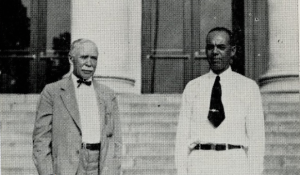
2. John W. Mitchell
After World War I, John W. Mitchell, a member of the North Carolina Agriculture & Technology University Agriculture Hall of Fame, traveled three counties either by bicycle or horseback to organize the Eastern Columbus Credit Union to help African American farmers save money by buying their supplies together in bulk. He was appointed director of African American extension services for the entire South for the U.S. Department of Agriculture during the late 1940s.
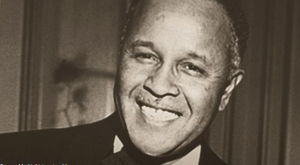
3. Percy Lavon Julian
Best known for being a pioneer in the chemical synthesis of medicinal drugs such as cortisone, steroids, and birth control pills, Black chemist Percy Lavon Julian’s research also helped boost the growth of the soybean industry and uncovered new uses for the chemicals found in soybeans. One protein he extracted from soybeans was used in a fire-retardant foam in fire extinguishers, which saved thousands of soldiers’ lives during World War II.
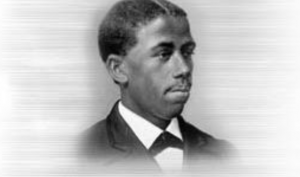
4. Henry Blair
An inventor and farmer, Henry Blair is best known as the second African American to hold a United States patent. Despite being illerate, Blair patented two inventions that helped him to boost his productivity. He received his first patent in 1834 for a corn planter, enabling farmers to plant their crops more efficiently and increase yields.
Blair obtained his second patent two years later, for a cotton planter, which functioned by splitting the ground with two shovel-like blades that were pulled along by a horse or other draft animal. A wheel-driven cylinder behind the blades deposited seed into the freshly plowed ground. The design helped to promote weed control while distributing seeds quickly and evenly.
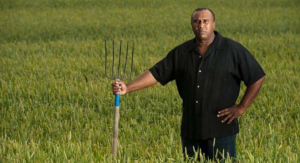
5. John W. Boyd Jr.
John W. Boyd Jr. is a fourth-generation farmer from Virginia as well as one of America’s most effective defenders of civil rights. In 1995, Boyd founded the National Black Farmers Association after encountering USDA discriminatory practices and meeting many more black farmers who shared a similar experience — he even helped ignite a lawsuit against the USDA over the agency’s treatment of Black farmers. He spent decades advocating on Capitol Hill and across America’s farmlands for the rights of minority farmers, and he was influential in writing crucial legislation to give Black farmers financial compensation and a larger platform to voice their concerns
In his role with the NBFA, Boyd has worked closely with national leaders in government, agriculture organizations, and rural groups nationwide as well as internationally. He led NBFA members in a march on the White House. He went on to meet with President Clinton and to testify before Congress. Boyd was reportedly on the short list to be a contender to serve as Secretary of Agriculture in President Barack Obama’s Cabinet.
We hope that you enjoyed meeting George Washington Carver, John W. Mitchell, Percy Lavon Julian, Henry Blair, and John W. Boyd Jr. and to learn the major roles that they played in making agriculture what it is today. We can hope there will be many more people like them who step up and help bring equity and civility to American farming.


